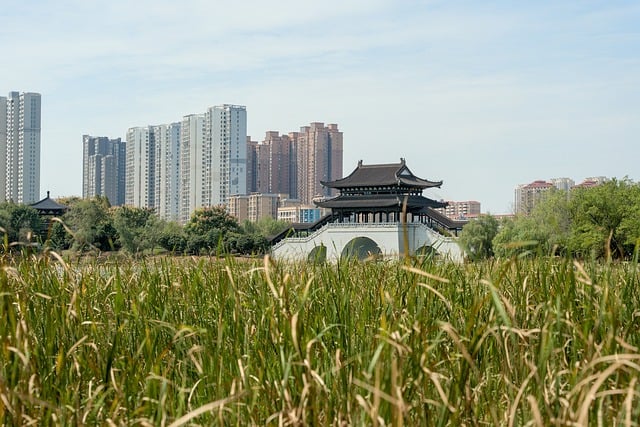In today’s fast-paced world, the importance of cultivating green spaces within our communities has never been more crucial. One innovative solution that has emerged in the quest for sustainability is the concept of panel gardens. These eco-friendly structures serve not only to enhance the visual appeal of our neighborhoods but also to foster a sense of community and connection with nature.
Panel gardens are designed to optimize small spaces, making them ideal for urban environments where land is limited. Utilizing vertical space, these gardens allow residents to engage in gardening while maximizing their footprint. By investing time and effort into creating panel gardens, community members can transform barren walls or empty lots into vibrant green spaces teeming with life. This transformation not only improves the aesthetic quality of the surroundings but also contributes positively to the environment.
One of the standout benefits of panel gardens is their ability to improve air quality. Plants naturally filter pollutants and produce oxygen, making our air fresher and cleaner. Community-wide efforts to create panel gardens can dramatically reduce the urban heat island effect, where city areas become significantly warmer than their rural counterparts. This increase in greenery provides shade and lowers temperatures, thus promoting a healthier urban climate.
Moreover, panel gardens bring people together. Gardening is often seen as a solitary activity, but when communities come together to cultivate these vertical gardens, bonds are formed. Neighbors can share tips, swap plants, and even come together for communal gardening days. This collaboration not only strengthens relationships but also instills a sense of pride in the shared spaces we create.
Incorporating native plants into panel gardens can further enhance their eco-friendliness. Native flora requires less water and is more resilient to local pests and diseases, making them easier to maintain. When communities focus on biodiversity through these gardens, they create habitats for birds, insects, and other wildlife, promoting a thriving ecosystem right in the heart of the city.
Another aspect of panel gardens is their ability to promote sustainable practices. They can be designed to include rainwater collection systems for irrigation, thus reducing reliance on municipal water supplies. Additionally, these gardens can utilize composting for soil enrichment, further closing the waste loop within the community. Encouraging sustainable gardening practices helps educate community members about environmental stewardship and inspire them to adopt greener habits in other aspects of their lives.
As more individuals become aware of the climate crisis, the desire to create lush, green environments has grown proportional to that awareness. Panel gardens not only serve as a remedy for urban sprawl but are a testament to what can be achieved when communities unite for a common cause. They symbolize hope and a commitment to creating sustainable spaces that benefit everyone.
In this age of technology and urban living, the call to nurture our natural environment remains loud and clear. Embracing the concept of panel gardens fosters a deeper connection to nature while instilling a sense of responsibility toward our planet. By working together, we can cultivate a greener future, one panel garden at a time.




